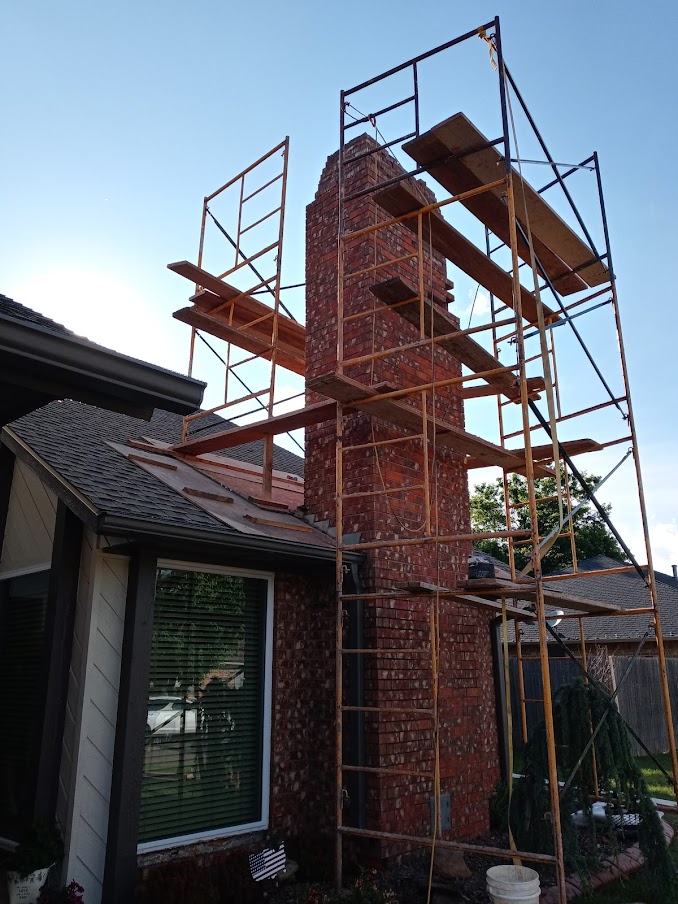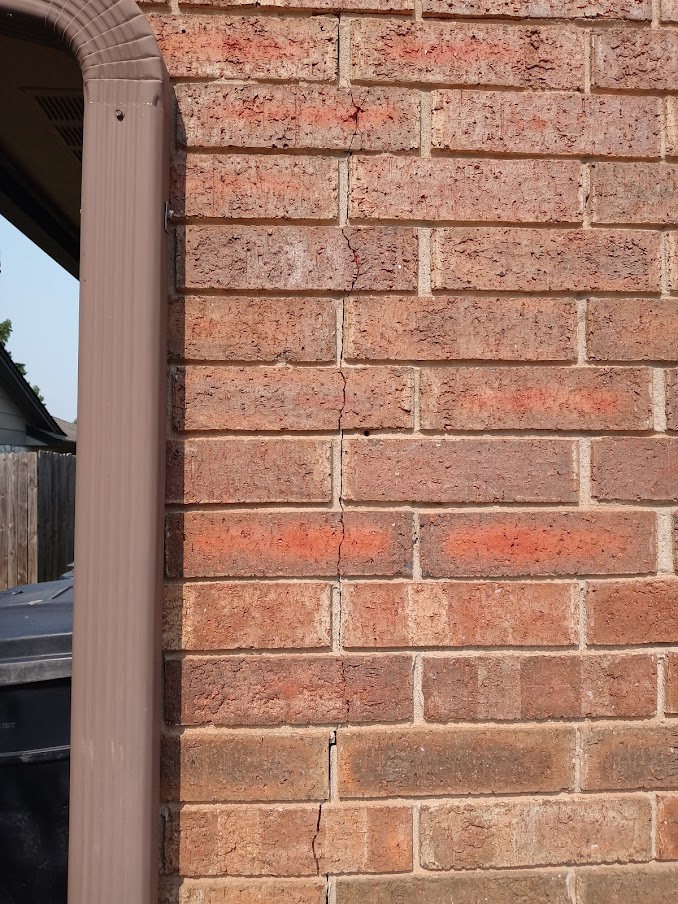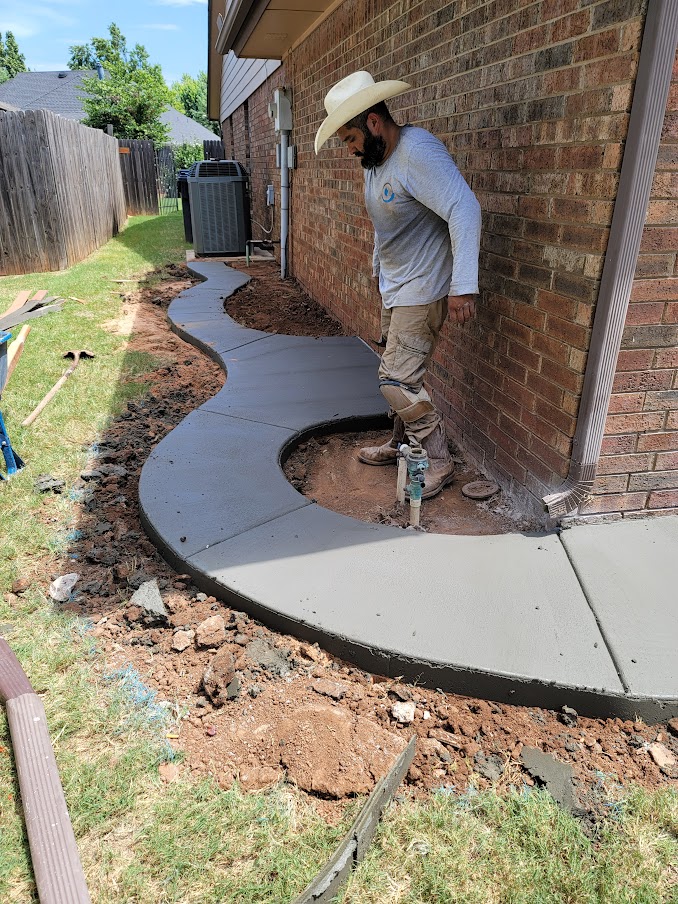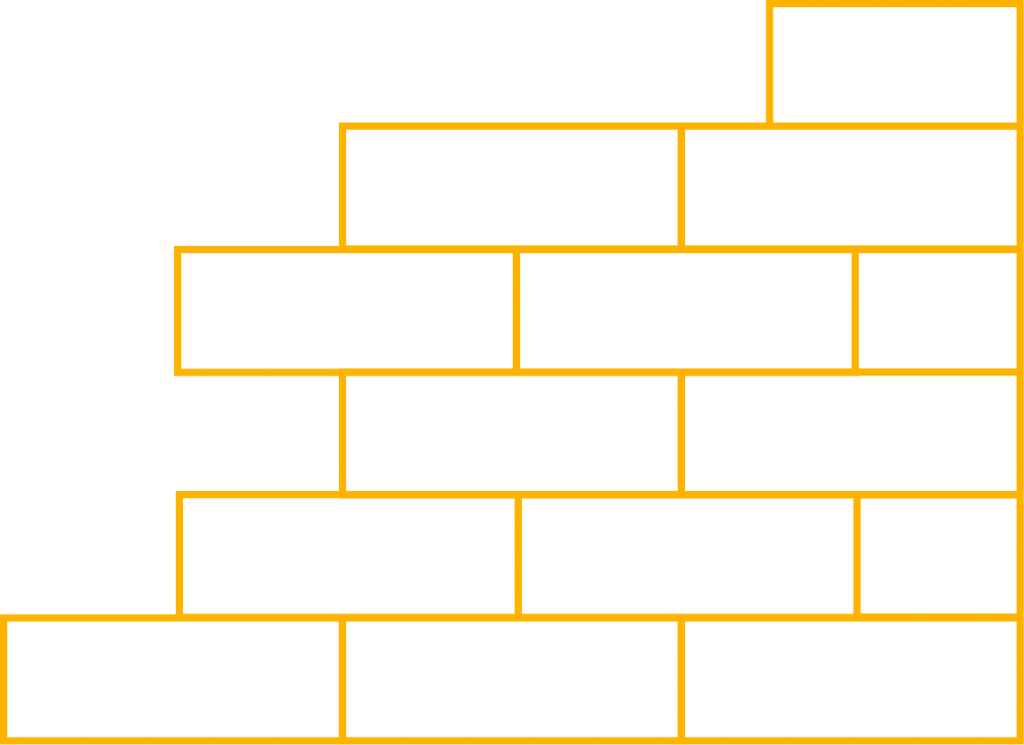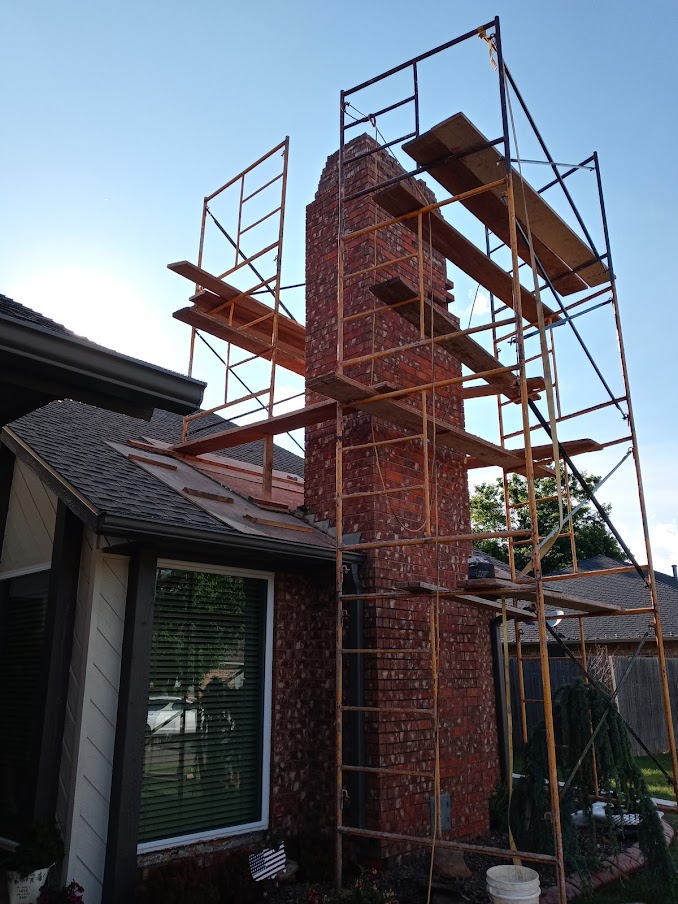Frequently Asked Questions
None: No questions provided for evaluation?
As no specific questions have been provided for evaluation, we encourage you to reach out to ACME Construction directly for any inquiries about our masonry services. We are here to assist you with any information you may need.
What services do masonry contractors provide?
Masonry contractors provide a variety of services, including the construction and repair of brick facades, patios, retaining walls, and other masonry structures, ensuring durability and aesthetic appeal for both residential and commercial properties.
How to choose reliable masonry contractors?
Choosing reliable masonry contractors involves researching their experience, checking for licenses and insurance, reviewing past projects, and reading client testimonials. Ensure clear communication and obtain detailed written estimates before making your decision.
What should I look for in masonry repair?
When considering masonry repair, look for a contractor with proven expertise in quality craftsmanship, attention to detail, and experience with a variety of materials. Ensure they provide clear estimates and have positive client testimonials.
How long does masonry repair typically take?
Masonry repair typically takes a few days to a week, depending on the extent of the damage and the specific services needed. Factors such as weather conditions and material availability can also impact the timeframe.
What are common masonry repair practices?
Common masonry repair practices include crack filling, repointing of mortar joints, replacing damaged bricks or stones, and sealing to prevent water infiltration. These methods help restore structural integrity and enhance the appearance of masonry surfaces.
How do masonry contractors estimate project costs?
Masonry contractors estimate project costs by evaluating factors such as material prices, labor expenses, project scope, and any special requirements. They typically provide detailed quotes based on these considerations, ensuring transparency for clients.
What materials are used in masonry projects?
The materials used in masonry projects include bricks, stones, concrete blocks, and mortar, each selected for their durability and aesthetic appeal to enhance both residential and commercial structures.
What permits are needed for masonry work?
Permits needed for masonry work typically depend on local regulations and the scope of the project. Generally, you may require a building permit, especially for structural changes or new constructions. Always check with your local municipality for specific requirements.
How to find masonry contractors in OKC?
Finding masonry contractors in OKC involves researching local companies, checking online reviews, and asking for recommendations from friends or family. Look for contractors with verified credentials and a strong portfolio of completed masonry projects.
What is the lifespan of masonry structures?
The lifespan of masonry structures is typically very long, often exceeding 50 to 100 years, depending on factors such as materials used, maintenance, and environmental conditions. Properly constructed and cared for, masonry can provide enduring strength and beauty.
Are masonry repairs covered by insurance policies?
Masonry repairs may be covered by insurance policies, but coverage largely depends on the specific terms of your policy and the cause of the damage. It's best to check with your insurance provider for detailed information.
What factors affect masonry repair costs?
The factors that affect masonry repair costs include the extent of damage, type of materials required, labor rates, and the complexity of the repair work. Additionally, accessibility and geographical location can also influence overall expenses.
How often should masonry be maintained?
Masonry should be maintained regularly to ensure its longevity and structural integrity. Inspecting and cleaning masonry surfaces annually is recommended, while repairs should be addressed as needed to prevent further damage.
What training do masonry contractors undergo?
Masonry contractors undergo comprehensive training that typically includes classroom education and hands-on apprenticeships. They learn essential skills such as bricklaying, stonework, and safety practices, ensuring they deliver high-quality craftsmanship in their projects.
What are the signs of masonry damage?
The signs of masonry damage include cracking, crumbling, discoloration, or flaking of bricks; gaps between bricks; and moisture infiltration. These issues can compromise the integrity of a structure, so timely evaluation is crucial.
How to prepare for masonry repair projects?
Preparing for masonry repair projects involves assessing the damage, gathering necessary tools and materials, and ensuring the work area is clean and accessible. Planning ahead helps ensure a smoother and more efficient repair process.
What is the average cost of masonry repair?
The average cost of masonry repair varies based on the extent of damage and materials used. Typically, homeowners can expect to spend between $300 to $1,500, depending on the project's specific requirements and location.
How can I check contractor credentials?
To check contractor credentials, verify their licenses, insurance, and any industry certifications. Additionally, review online reviews and ask for references from past clients to ensure their reliability and expertise in masonry services.
What types of masonry are most common?
The most common types of masonry include brick, stone, and concrete block. These materials are widely used due to their durability, aesthetic appeal, and ability to enhance both residential and commercial properties.
How does weather impact masonry work?
The impact of weather on masonry work is significant, as extreme temperatures, rain, and humidity can affect materials' curing and bonding. Proper scheduling and protective measures are crucial to ensure quality and durability in masonry projects.
What safety measures do masonry contractors follow?
Masonry contractors follow stringent safety measures to ensure a secure working environment. These include using personal protective equipment (PPE), adhering to safety training protocols, and maintaining proper site organization to minimize hazards.
How to evaluate masonry work quality?
Evaluating masonry work quality involves checking for proper alignment, uniform joint spacing, and the absence of cracks or gaps. Additionally, ensure the materials used meet industry standards for durability and aesthetics.
What warranties do masonry contractors offer?
Masonry contractors typically offer warranties that cover both workmanship and materials, ensuring the quality and durability of their masonry work. These warranties can vary, so it's essential to discuss specific terms during your consultation.
What is the role of masonry in construction?
The role of masonry in construction is crucial as it provides structural integrity, durability, and aesthetic appeal to buildings. It involves the skilled use of materials like brick, stone, and concrete to create strong, lasting structures.
How does mortar affect masonry durability?
The role of mortar is crucial to masonry durability. High-quality mortar enhances the bond between bricks, providing structural stability and resistance to weathering, which ultimately prolongs the lifespan of masonry constructions.
What innovations are there in masonry techniques?
Innovations in masonry techniques include the use of advanced materials like eco-friendly mortar, prefabricated masonry units, and digital masonry construction tools, enhancing both efficiency and sustainability in building practices while improving structural integrity and aesthetic appeal.
How to prevent masonry damage over time?
Preventing masonry damage over time involves regular maintenance, including inspecting for cracks, ensuring proper drainage, and sealing joints to protect against moisture. Additionally, keeping the masonry clean and addressing any damage promptly will help preserve its integrity.
What distinguishes masonry from other construction methods?
The distinguishing factor of masonry compared to other construction methods lies in its use of durable materials like brick, stone, and concrete, which provide superior strength, longevity, and aesthetic appeal for both residential and commercial structures.
How do you maintain brick masonry structures?
Maintaining brick masonry structures involves regular inspections for cracks, cleaning with water and mild detergent, and sealing joints to prevent moisture intrusion. Promptly addressing issues ensures durability and preserves the aesthetic appeal of your masonry work.








